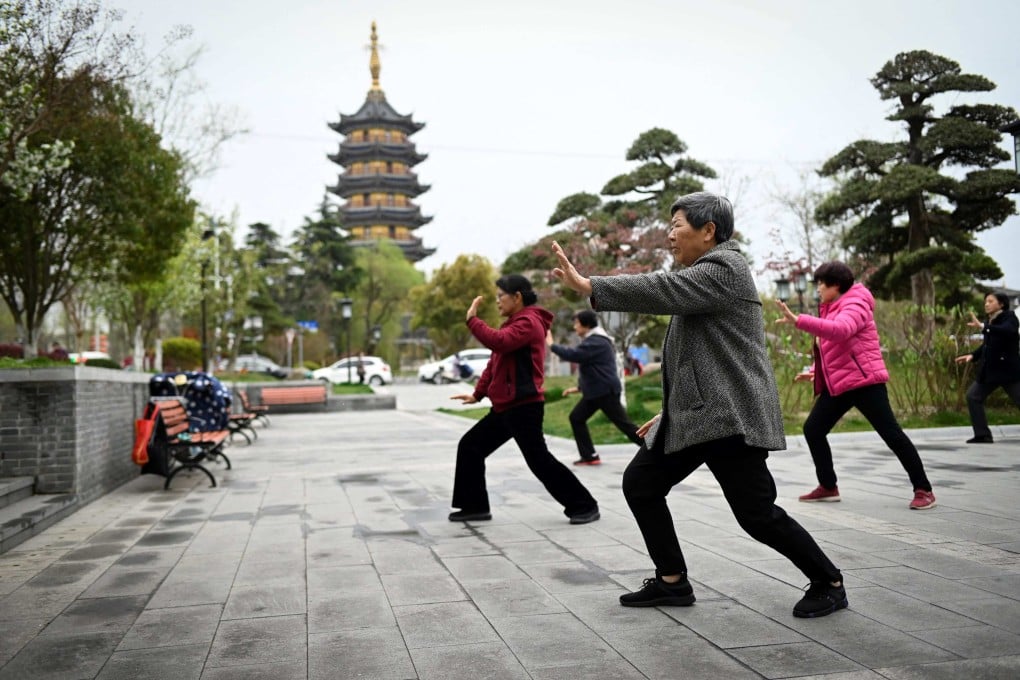Chinese scientists claim to find new life for old in the blood of the young
- Study finds anti-ageing component that can be extracted from bodily fluids to extend life of laboratory mice
- Researchers said the findings are a ‘starting point’ with many scientific questions still to be answered

According to the peer-reviewed study published by the journal Nature Ageing on April 16, male mice aged 20 months, with a typical lifespan of 840 days, were given weekly injections of the blood component. The researchers noted a 22.7 per cent increase to a median 1,031 days.
Zhang Chenyu, co-leader of the study, and colleagues from the School of Life Sciences at Nanjing University, said the injections also ameliorated age-related functional decline in aged mice, including in the hippocampus, muscles, heart, testes and bones.
The researchers’ findings caused alarm among some of China’s science news readers. One comment on an article reporting on the study for the Jinri Toutiao website asked “how much blood does it take to keep up this kind of treatment? I dare not think about it”.
Another commenter said that “if a large amount of rejuvenation factors are contained in the blood of babies, I don’t know how many babies will suffer”.